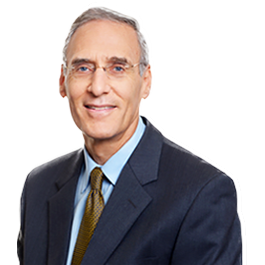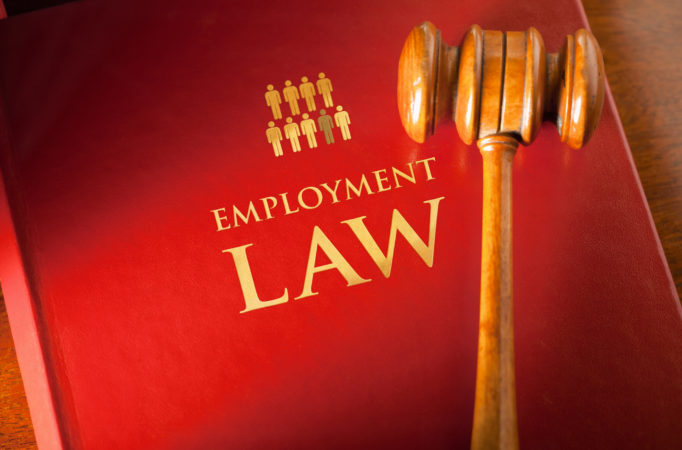Employment & Labor Law
OSHA’s New View From Above
OSHA’s New View From Above
Thanks to a recently released Occupational Safety and Health Administration (OSHA) memo, we know that OSHA inspectors now have the option of using drones to do flyover inspections of worksites across the U.S.
This will mark the first time, with the exception of possible border control operations, where federal agents have been authorized to use drone technology for domestic operations. And it raises, as technology so often does, a whole host of new legal considerations.
The OSHA memo to staff, from May 2018, states that there are some limitations on the program: OSHA must “obtain express permission” from employers before launching a drone inspection, and if an employer raises an objection, the drone will not fly. Also, personnel on the site must be warned that an eye in the sky will be present.
In general, this is a good thing. Most employers are pro-safety, and proper OSHA inspections head off dangerous work conditions. This could be a slippery slope, though.
Any worksite condition in plain view could give rise to a more detailed inspection, so a drone flyover could in effect act as a full on reconnaissance mission. Traditional inspections by foot have always been limited by the initiative, and physical capabilities, of the person doing the inspection. A drone, on the other hand, can see into places that a human inspector might miss, such as roofs of buildings or inside large pieces of equipment, providing ground inspectors leads they might not have had in the past.
The consent requirement raises additional issues. On larger jobs, there are often a number of different companies and trades present. This raises the question of whether one employer can provide consent for all employers on site. And if one employer does so, would that give the other companies a reason to object to the results of the inspection? Conversely, could one sub on the site refuse permission against all the others? Instead of outright denial, could employers restrict the inspection to only certain areas? There’s a lot of room for interpretation here.
Of course, the requirement that OSHA obtain permission before the flyover gives employers an option they would not have had before. But that, too, might lead to complications. While there might be good reasons to reject an overhead flight, such as overhead wires, disruption of work, or worker safety, the very act of refusing an inspection gives rise to a suspicion that an employer might have something to hide, and OSHA always has the option of obtaining a warrant if needed.
And often with technology, today’s pilot program is tomorrow’s fact of life. According to the memo, OSHA is exploring obtaining a blanket Certificate of Authorization (COA) from the Federal Aviation Administration to operate drones, so there is every possibility that the restrictions above will be temporary at best.
Given the advance of drone technology, employers are best advised to start defining their options and responsibilities in this new era, and come up with policies and procedures to manage possible drone inspections. OSHA has always had oversight at workplaces, but now it seems that oversight is literal.
If you have any questions on OSHA issues, construction, business, litigation or employment law matters, contact Sam H. Simon, Esq.
Samuel H. Simon
ssimon@hh-law.com
412-288-2263
About Us
Claims and suits brought against employers by employees are a large part of the cases being handled by the Employment lawyers at Houston Harbaugh. We focus on assisting and counseling our clients to be positioned to avoid claims, and if the claims are brought, to be prepared to defend against them.

Craig M. Brooks - Practice Chair
An employment and labor attorney, Craig primarily represents management, providing advice on how to handle employee issues and actions, as well as defending or pursuing claims in court and before government agencies on matters.
An employment and labor attorney, Craig primarily represents management, providing advice on how to handle employee issues and actions, as well as defending or pursuing claims in court and before government agencies on matters including:
- Employment discrimination claims
- Wage and hour matters
- Sexual and other harassment investigations and claims
- Family and Medical Leave Act
- Wrongful discharge
- Labor/Union matters
- Restrictive covenants
- Affirmative action programs
- Defamation
- Privacy
Craig also represents individuals with advice and pursuing claims arising out of their employment.

